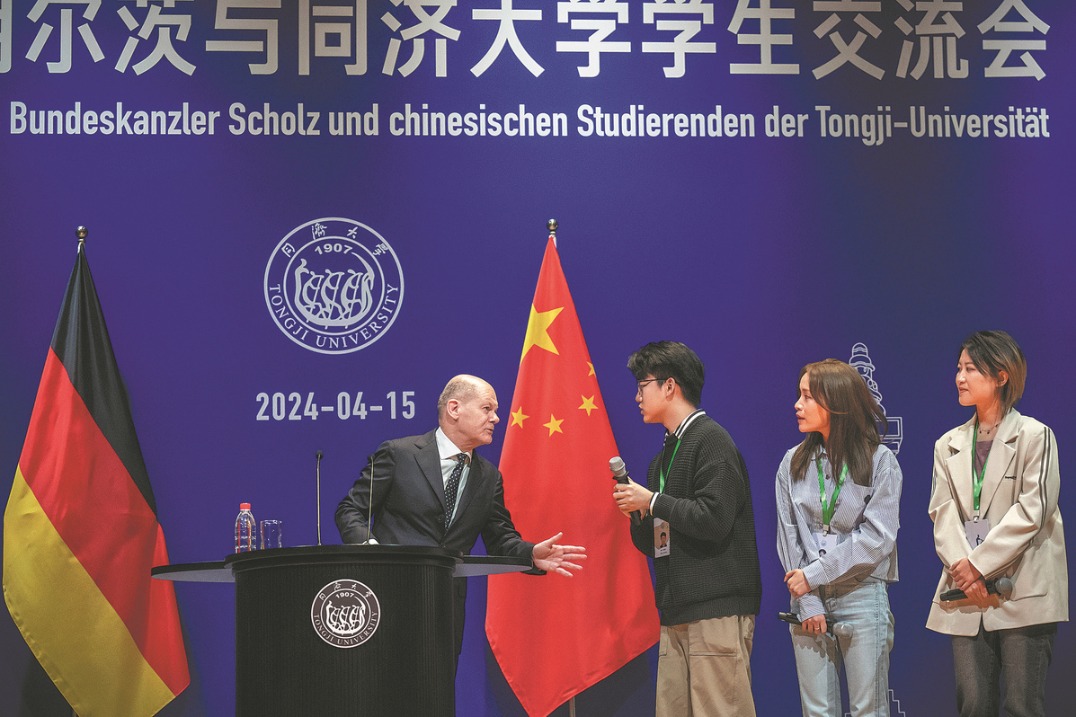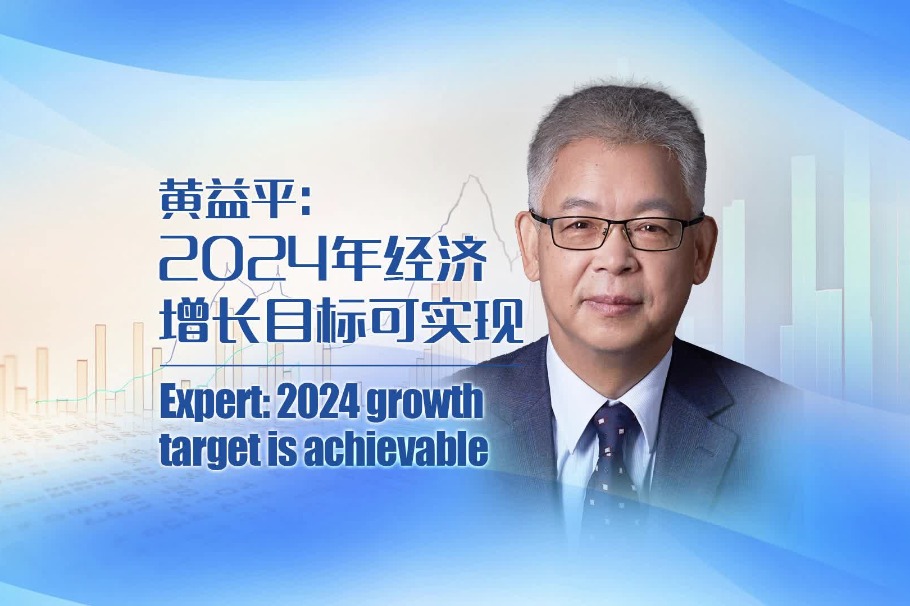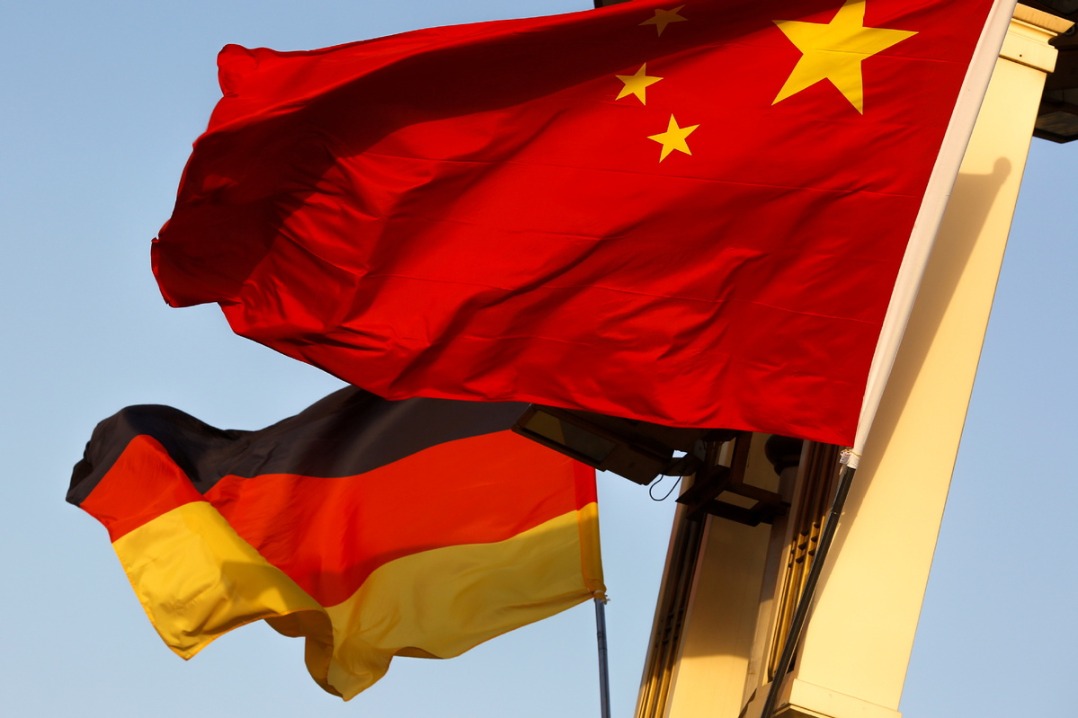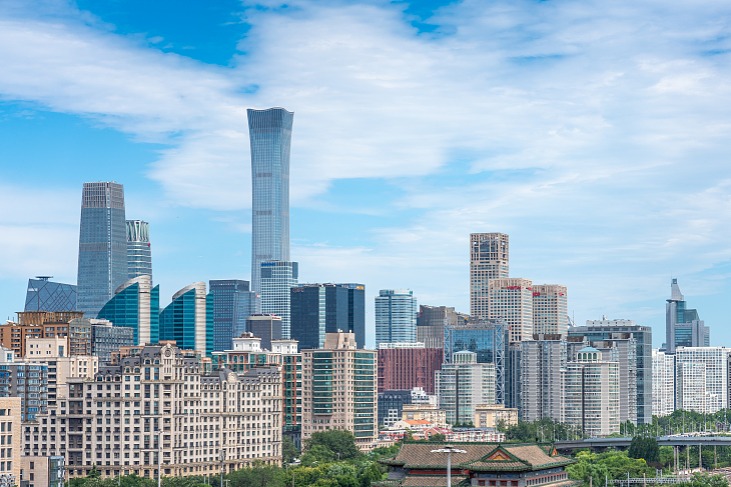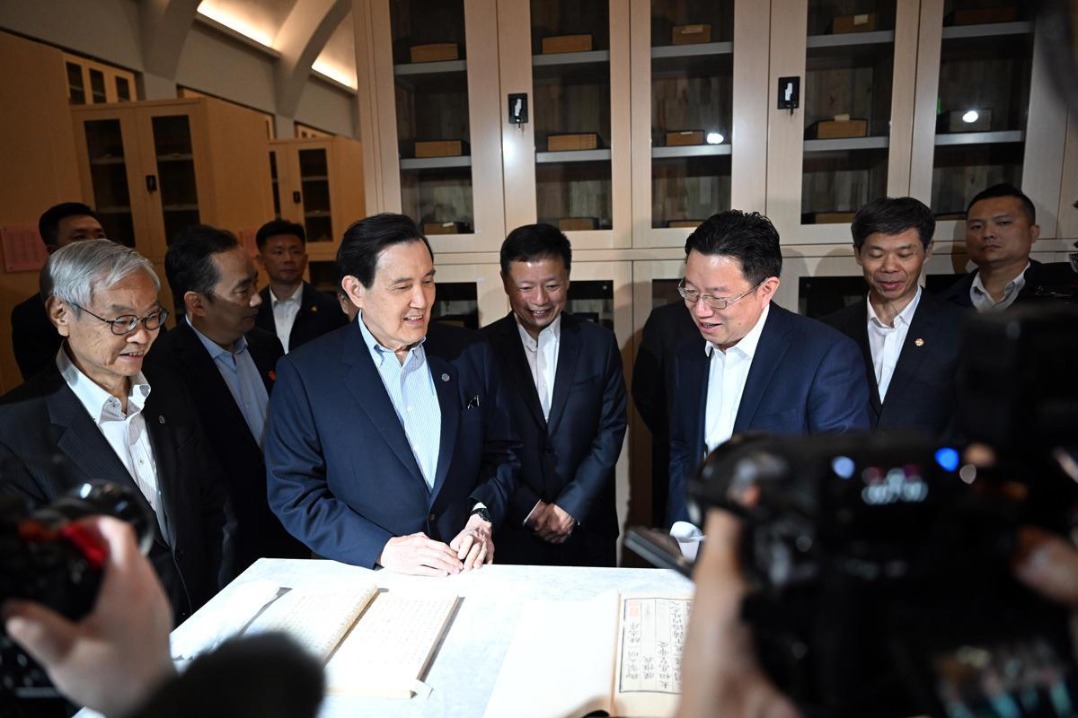Biden is following Trump, not Obama, in his China policy

During her meeting with senior Chinese officials in Tianjin early this week, US Deputy Secretary of State Wendy Sherman said the United States welcomes stiff competition between the two countries but does not seek conflict with China.
On his first stop in Singapore during his Southeast Asian tour on Tuesday, US Secretary of Defense Lloyd Austin, too, said the US is committed to pursuing a constructive, stable relationship with China.
These are largely positive messages, not heard during the first six months of the Joe Biden administration. But the real question is: Will the Biden administration's deeds match the words?
So far it has not. The Biden administration has continued and sometimes escalated the Donald Trump administration's hostile and destructive policies against China, whether on trade, investment, technology, people-to-people exchanges or global issues.
While many Biden administration officials, including Biden himself, Secretary of State Antony Blinken and Sherman, served on the Barack Obama administration, their policies on China sadly mimic the Trump administration's rather than Obama's.

Despite some serious differences during the eight years of Obama's presidency, China and the US were able to work together to tackle global challenges such as climate change, the Ebola virus outbreak in Africa, and nuclear nonproliferation. The two countries also advanced talks on a bilateral investment treaty. And SelectUSA, a US government initiative to attract foreign direct investment which I covered for years, often drew the largest delegation from China.
To the surprise of many, military-to-military exchanges became a highlight of the Obama administration with the PLA Navy being invited to the Rim of the Pacific multinational naval drills for the first time in 2014, and again in 2016. The two militaries also bolstered confidence-building measures to reduce miscommunication and avoid misjudgments especially on the South China Sea issue.
China and the US also reached a 10-year visa agreement to facilitate people-to-people exchanges, which greatly increased the number of Chinese tourists to the US. Learning Chinese became a fad among US citizens, with the 100,000 Strong Initiative encouraging American students to study in China. In fact, even the children of some senior Obama administration officials started taking Chinese lessons.
There were more than 90 dialogue mechanisms between the two governments at that time, a reflection of the engagement policy pursued by every US president from Richard Nixon to Obama.
That's why Chinese Vice-Foreign Minister Xie Feng told Sherman in Tianjin to stop making China an "imaginary enemy" and State Councilor and Foreign Minister Wang Yi presented a list of the wrongs the US needs to correct, especially the US' reckless bid to check China's rise.
China and the US have learned a lot about each other over the past five decades, but it doesn't mean they are going to be the same anytime soon. However, expanding cooperation and exchanges, rather than trying to isolate the other or decoupling the two economies, is a more effective way of managing bilateral differences and reducing the possibilities of a conflict.
US allies, from Europe to Asia, have made it crystal clear that they don't want to be forced to choose sides between China and the US. In particular, they are against Washington's attempt to trigger a new Cold War with China.
As US president, Biden should show the courage to do what is right for the two countries and the world instead of what is politically convenient for the next midterm or presidential elections and continuing his China-bashing game.
China-US relations have been widely regarded as the most consequential bilateral relationship of the 21st century. If the two governments cannot get it right, it will have devastating consequences for the world, just like climate change.
In this sense, the talks this week should lead to more, not less, high-level engagements to effectively manage bilateral differences, expand cooperation and avoid conflict.
The author is chief of China Daily EU Bureau based in Brussels. chenweihua@chinadaily.com.cn


















